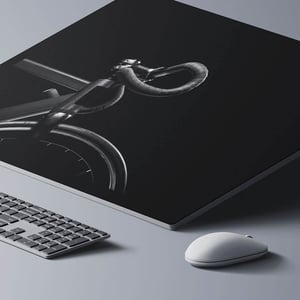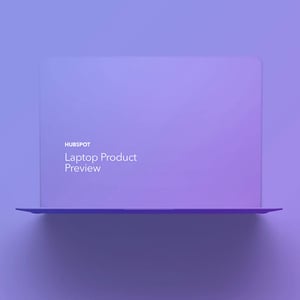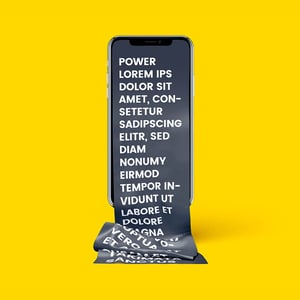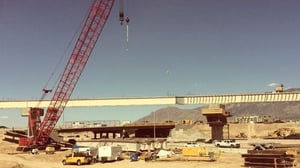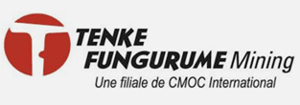
TENKE FUNGURUME MINING
CMOC specializes in mining and trading of base and rare metals in the world. With its main business presence on five continents: Asia, Africa, South America, Oceania and Europe.
To meet the needs of the TK Mine employees. ITI was on-site for 11 days total, conducting back-to-back five-day advanced rigging sessions for TK Mine Supervisors. Ensuring that the information was not only understudy, but practiced as well.
Full Story
Canadian Patrick Cotnoir reluctantly stepped off his bus onto a busy street in the heart of Africa, and he realized he had no idea how he was going to get to work. Instead of standing puzzled in a street in Lubumbashi, the largest city in the Democratic Republic of the Congo, Cotnoir was supposed to be taking a four hour car ride to the Tenke Fungurume Mine. Cotnoir had been sent to the DRC to teach master rigger courses at the TK Mine, the largest copper and cobalt mine in Africa. He was picked up from the airport and put on a bus, and after ten minutes of driving, the bus driver abruptly told everyone to disembark, insisting another bus would come and take them where they needed to go, and drove away.
Cotnoir’s journey began five months earlier in May of 2013, when Donatein Kalombo, Maintenance Training Superintendent at the Mine, emailed ITI’s headquarters wondering if ITI could help establish a training regimen for workers at the mine. The dominant language spoken in the DRC is French, which created a unique situation at ITI’s headquarters in Woodland, Washington. Due to the language barrier, Kalombo relied exclusively on email to communicate and arrange for a trainer to be sent to the heart of Africa.
ITI decided that the best trainer to send to Africa was French-speaking Patrick Cotnoir. After a few months of email correspondence, he finally boarded a plane in September 2013. He said he was excited and willing to go to Africa, if a little skeptical.
That happy sentiment stayed with Patrick as he flew from North America to Europe and then Africa, and promptly evaporated while he stood in the foreign streets of Lubumbashi with no ride and no idea where in the city he was. “I can’t tell you what it was like being in the middle of this city with people stopping and staring at you, knowing you’re out of place,” Cotnoir laughed.
Fortunately for Cotnoir, one of the other passengers on the bus was also headed to the Mine, and arranged for transportation for the both of them. Relieved, Cotnoir’s excitement returned. “I never felt unsafe, just uncomfortable,” Cotnoir said.
When he finally arrived at the mine around 8 p.m., he was briefed on his sleeping situation. He was told to check under his bed and in his room for wildlife and insects every morning and night. He then settled in to get some much needed rest, since his first class was the next morning.
Cotnoir spent the next ten days conducting two, back-to-back, five-day sessions of training for two different groups of workers, with a focus on master rigging subjects. Though both groups spoke French, the French spoken in Cotnoir’s native Canada and that spoken in the DRC were not quite the same thing. “There were some moments of needing interpreters and looking through dictionaries together, but it made us a more tight-knit group,” he said.
ITI had translated the student course workbook and reference cards into French, which were then emailed to the client for printing in the DRC. But once onsite, another challenge arose.
The workers at the Mine live onsite and generally work 12 hour days. They have an inconsistent variety of education. “Most of them didn’t go to school and what they did go through was very little. And the Master Rigging Course has quite a bit of math in it,” Cotnoir noted.
Unsure of how to deal with his student’s extremely diverse math skills, Cotnoir emailed ITI’s President Mike Parnell partway through the training and asked for advice. Parnell recommended that Cotnoir transition his students out of the classroom and into the field, where they could work with their hands. Cotnoir followed Parnell’s advice and found his students much more responsive. “It was so amazing. They had this intense curiosity and desire to learn,” he said.
The most important thing to Cotnoir and ITI was that the individuals working under the hook at the Mine had a strong, stable foundation of rigging knowledge to help them keep safe. Building that foundation was what Cotnoir was sent to the DRC to do, and he was thrilled to have that opportunity.
“The people definitely made the trip amazing. They kept referring to the DRC as “true Africa,” and when I asked what that meant, they told me that if you want to really, truly experience Africa, the DRC is the most authentic place to do it,” Cotnoir said. By the end of his trip, he agreed.
“One of the things I noticed right away was that the people from the DRC were very friendly and passionate about their culture; they wouldn’t just shake your hand, they would embrace you,” he said.
Despite his initial trepidation about a trip to the heart of Africa, Cotnoir was extremely sad to leave. “I still have pictures I took with the guys in my classes. I have a close relationship with some of them,” he said. Eating, sleeping and working with the workers at the Mine quickly built a tight connection between Cotnoir and his students. “We were like a family. During lunch and dinner breaks we would stick together and spend time with each other,” he said. Cotnoir’s trip back home was much less eventful than his arrival in the DRC, but he left with new memories and the knowledge that the training ITI provided would help his newfound friends stay safe as they worked the mine in “the true Africa.”
CHALLENGES
- Relatively low budget for design, implementation and marketing
- 8-week time constraint for the whole project
- Website must match existing digital corporate identity
- Website should be deeply integrated into the HubSpot solution
- Design & development from scratch is not feasible
- Customer would like to be able to edit content and structure
- Website must be implemented in three languages
- Webdesign must match modern design standards
Services Provided
|
|
|
|
|
|
RIGGING TRAINING |
TRANSLATION SERVICES |

